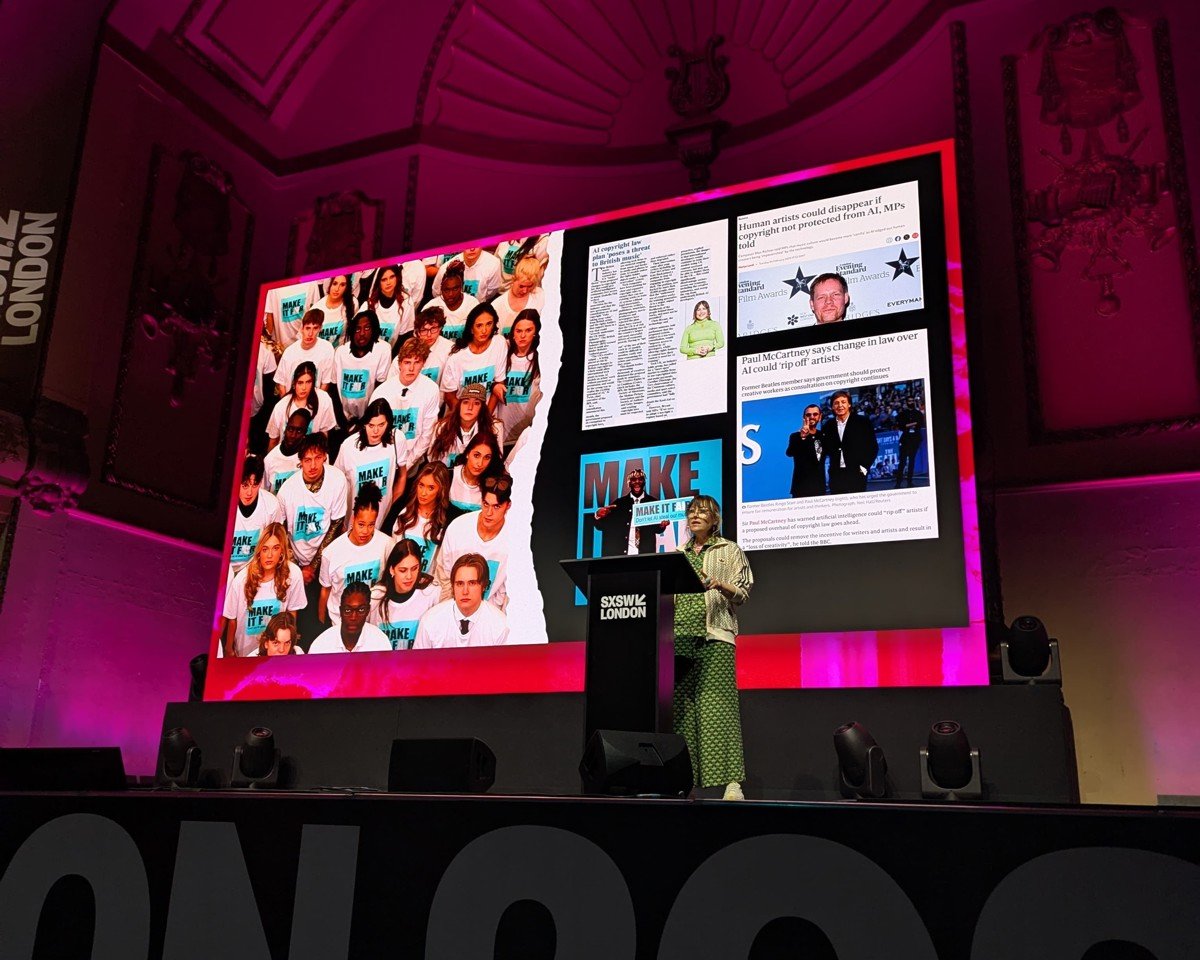Plenty of people have been asking: does the UK really need SXSW London? One comment I came across recently summed it up bluntly - why pay £1,560 for a delegate pass when we already have a thriving ecosystem of homegrown showcase events like The Great Escape, Sound City, FOCUS Wales, Wide Days, ILMC, Chris Carey’s FFWD, and the important work being done by Dr. Yasin El Ashrafi in Leicester?
That stuck with me, and I have to say - I didn’t attend SXSW London. Not because I didn’t want to be curious, but because I genuinely didn’t feel the offering justified the price or the time investment. And based on the programming, reviews, speaker lineups, social media feedback, and media coverage I’ve since seen, I’m confident I made the right call.
Safe, Sanitised, and Superficial
The programming, on paper, felt like it was built for browsing, not building. Most sessions were short - around 30 minutes - with overstuffed panels and no room for actual dialogue. The tone seemed more suited to a stream of corporate keynotes than a space for meaningful cultural exchange. In an era where creative industries are under immense pressure, SXSW London missed an opportunity to go deep, take risks, and speak to the realities of the moment.
Uninspired and Over-Engineered
From what I’ve seen and read, the speaker lineup lacked edge. The event seemed to play it safe - choosing recognisable, brand-friendly names over people actually moving the needle creatively. The result? Sessions that read like a LinkedIn feed brought to life: polished, shallow, and largely forgettable.
Politics Over People
One of the most talked-about aspects was the unannounced appearance of Tony Blair and David Cameron. That decision prompted backlash and led to some artists withdrawing in protest. The term “artwashing” was used for good reason - injecting politics without transparency felt misjudged and undermined any sense of community trust or cultural authenticity.
Branded Vibes, Not Cultural Pulse
Visually, the event looked slick - but many attendees commented that it felt like a branded trade show rather than a genuine celebration of culture. It leaned heavily into commercial polish, yet struggled to capture real creative energy. Even the freebies - like mini branded speakers - felt symbolic of the disconnect between branding and value.
The Elephant in the Room: The Price Point
Let’s not ignore this: £1,560 for a delegate pass is not just steep, it’s exclusionary. Especially when freelancers, small organisations, and emerging artists are already stretched. Multiple people have pointed out how unsustainable this is. I wouldn’t be surprised if next year sees an influx of complimentary passes just to get the right crowd in the room.
What SXSW London Needs To Do Next Time
Earn the Right to Be Here
Engage with the creative communities already thriving across the UK. Don’t impose - collaborate.Lower the Price Point - Dramatically
If you claim to value accessibility, make it real. This isn’t Silicon Valley.Rebuild Credibility
Avoid political PR stunts. Prioritise integrity and transparency.Create Space for Real Dialogue
Slow the format down. Allow time for meaningful conversation, not just soundbites.Centre UK Creativity
SXSW London has to reflect UK-specific voices, challenges, and strengths. Otherwise, it’s just SXSW-lite.
Bottom line: Even from a distance, the debut of SXSW London seemed to miss its moment. There’s no denying the infrastructure was solid, but the substance felt hollow. If it’s going to earn its place in the UK’s cultural landscape, it needs to be rethought from the ground up - with humility, fairness, and a genuine commitment to the creative communities it claims to serve.
Until then, we already have better options.
🗞️ For more thoughtful analysis on culture, fashion, music, sport, and brand strategy, checkout the rest of the articles from On The Record here: https://www.vickybeercock.work/on-the-record
And subscribe to the Linkedin newsletter On The Record here: https://www.linkedin.com/newsletters/7339260441459654657/
You can check out the industry reaction in the comments of my Linkedin post here:
